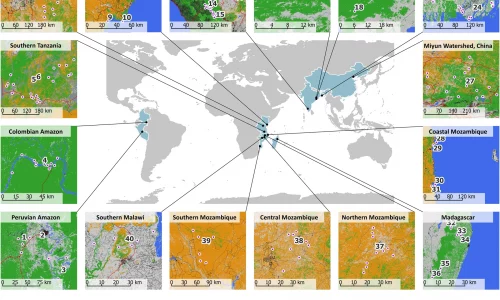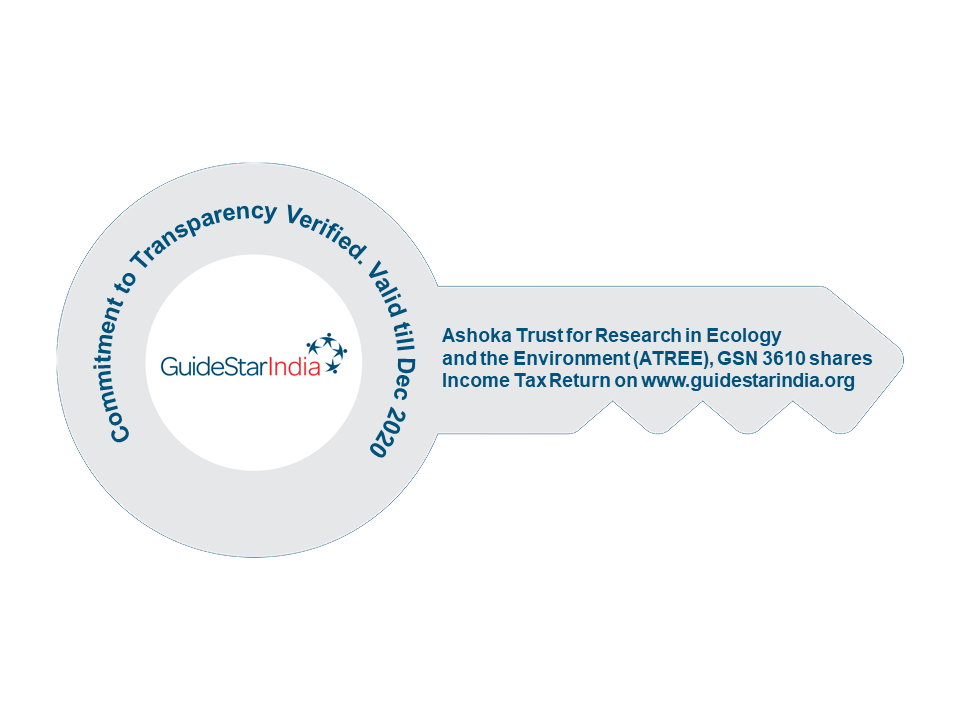Soumya Balasubramanya, Nicholas Brozović, Ram Fishman, Sharachchandra Lele, Jinxia Wang
Agricultural Economics | October 6, 2022
With rising physical and economic scarcity of water, increasing or sustaining agricultural production while limiting or reducing consumptive water use is an urgent challenge. This article examines the case of four countries—India, China, western United States, and Israel—where there is a long history of irrigated agriculture with significant public and private investments, to identify key themes for managing irrigation under increasing physical and economic water scarcity. The focus of irrigation management has expanded from investing in irrigation infrastructure to reforming institutions; strengthening policies pertaining to irrigation prices and rights; using incentives to reward reductions in irrigation application; and improving irrigation efficiency. However, this may not be sufficient to reduce consumptive use of water in agriculture. Reducing freshwater use in agriculture will require cost-effective harnessing of other water sources through processes such as desalination and wastewater reuse, which may be difficult to implement in most geographies. Changes to policies in other sectors will likely be needed, especially in food procurement and land-use, which require balancing water security with food security, and supporting potential losses in livelihoods and incomes from such changes. Finally, reductions in agricultural water use in a country will likely have implications for water use in other countries, through imports.









